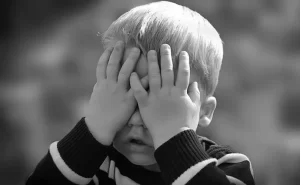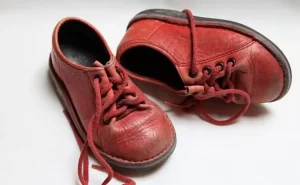Lack of RSV Antibodies in Babies
Officials from the Centers for Disease Control and Prevention (CDC) have informed doctors around the country that only a few new vaccines are available to protect babies from RSV, a severe lung infection. As the cold and flu season begins, more people are contracting RSV. Babies under the age of six months, as well as adults who already have health difficulties, are more prone to become ill.
In July, the FDA approved the novel antibody medication, Beyfortus or Nirsevimab. However, now that it’s cold and flu season in the fall, demand has outpaced supply. Nirsevimab comes in two doses: 50 milligrams and 100 milligrams. The CDC has instructed doctors to administer the higher-dose shot to newborns who are most prone to develop severe RSV, such as premature babies and those who already have lung problems.
Dr. David Cope, a family medicine doctor in Bountiful, Utah, says, “It is hard and scary to walk into a clinic knowing that there are babies who could benefit from this preventative therapy, but you can’t give it to them.”
Babies must receive the vaccine since their immune systems are not yet wholly formed to manage RSV.
Some parents have been notified that their child will not receive the shot this year because there is insufficient supply of the most potent drug, a 100-milligram prefilled syringe for babies weighing less than 11 pounds.
Babies must receive the vaccine since their immune systems are not yet wholly formed to manage RSV. RSV usually causes a minor upper respiratory tract infection or, worse, bronchiolitis, which can be highly harmful to preterm babies and those with pre-existing health problems.
Every year, around 2.1 million children in the United States are hospitalized due to RSV-related diseases, with approximately 0.1% dying.
Syncytial virus (RSV) is the most common cause of low-level respiratory illnesses in children and adults. It is most commonly associated with bronchiolitis and lung interstitial pneumonia in newborns, both severe forms of the disease. This sickness may cause pneumonia, gastroenteritis, or meningitis.
RSV is most deadly during the first six months of life.
RSV is most deadly during the first six months of life, which also accounts for the majority of the disease’s 2.1 million severe cases each year. Infected infants are more likely to require hospitalization, and more than half of those who suffer a lower respiratory tract illness will require medical attention.
Some vaccines can prevent the condition, but many parents prefer to safeguard their children using monoclonal antibodies such as Nirsevimab. Palivizumab, one of these medications, was approved in 1998 and is typically administered once a month to babies who are at high risk of developing severe RSV sickness. These newborns could have been born prematurely or with significant health issues.
Even though the medicine is complex, parents can still seek it out. People who have been granted authorization to use the high-dose version of the medicine should be able to obtain it from their doctor’s office or a licensed clinic that treats babies, such as a neonatal intensive care unit. More information can be found CDC page.













